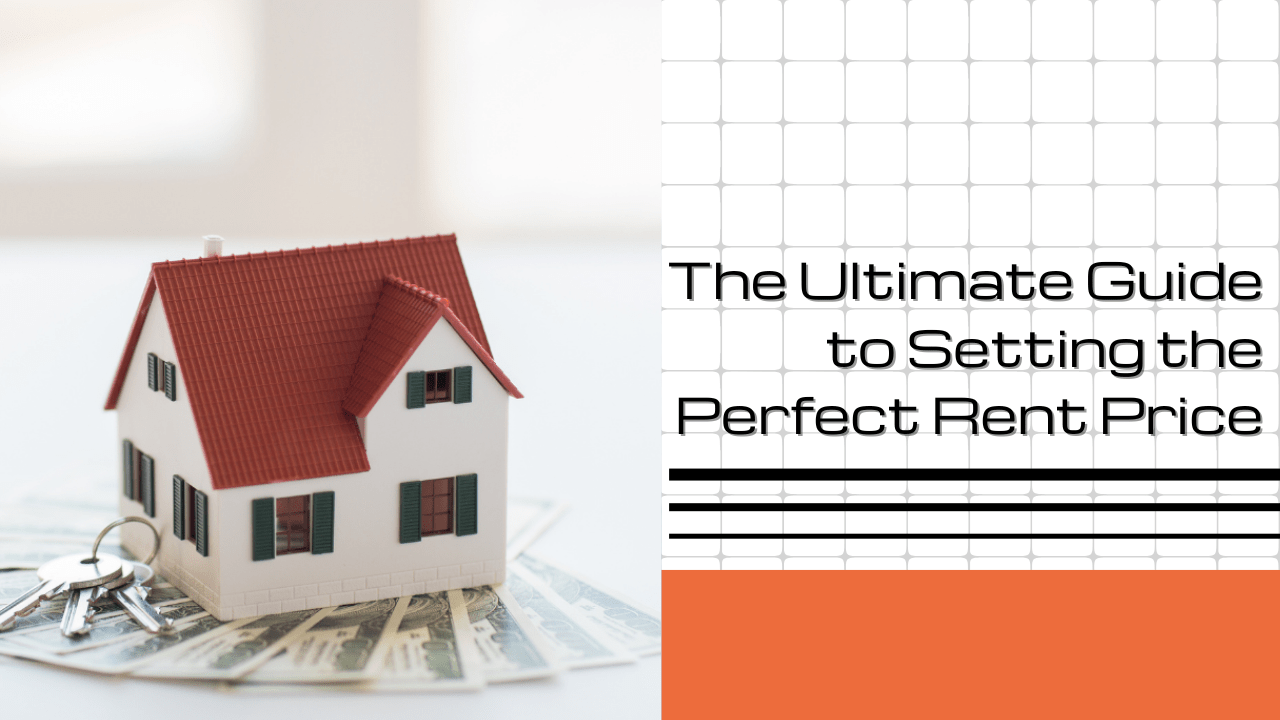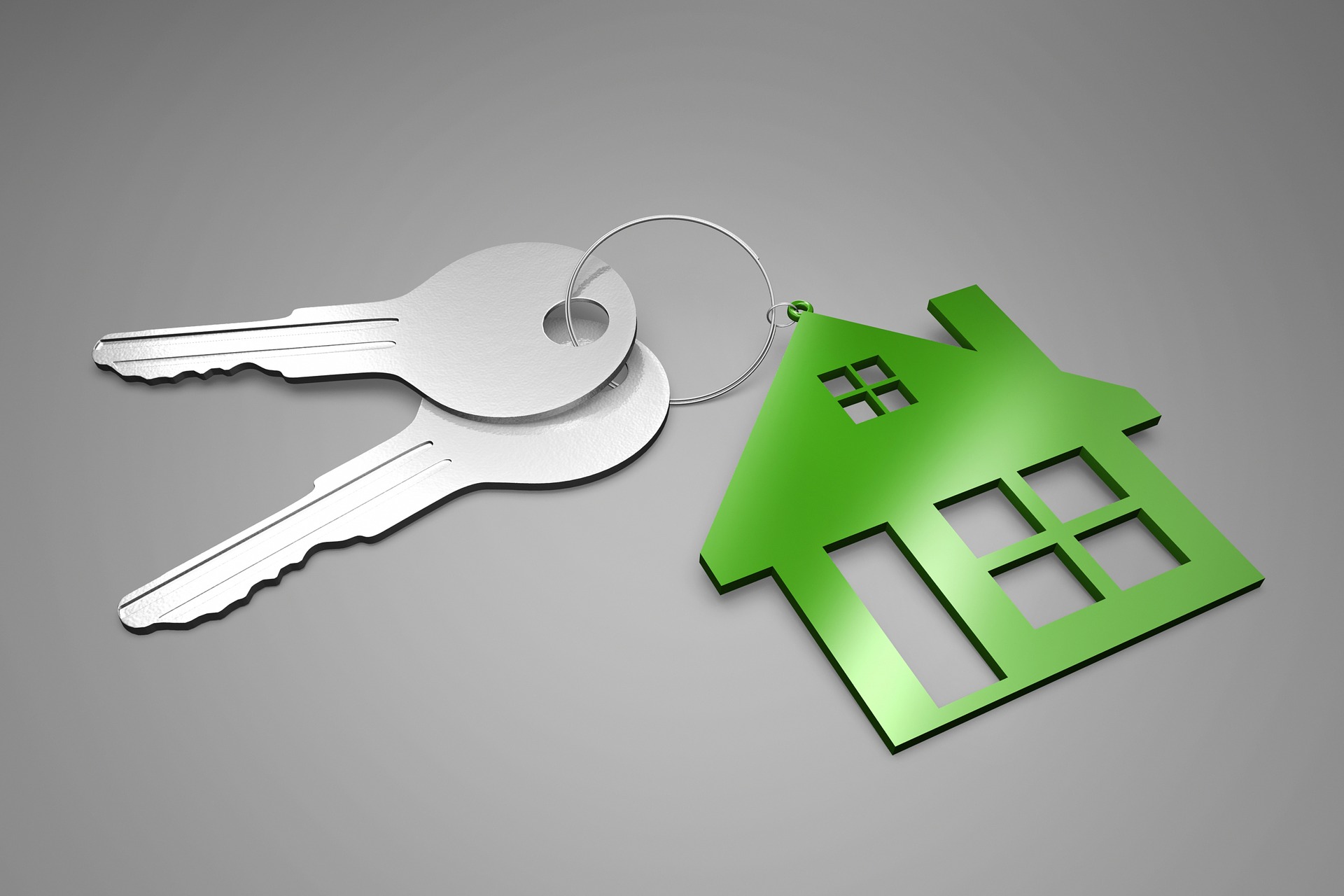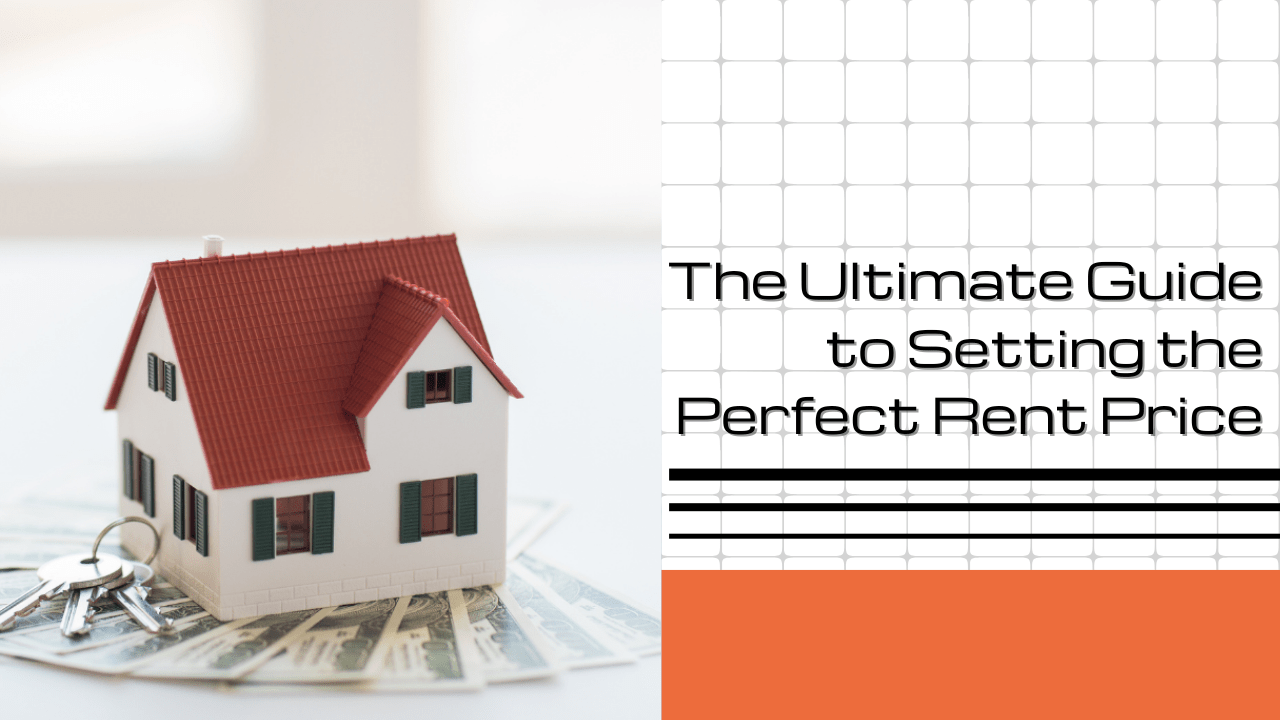
Thinking about how much you want to earn on your Atlanta rental property?
Several things need to be considered. While you might have an idea in your mind about what you want to earn or what you need to earn, the truth is, your rental price will largely be determined by the market and the competition in that market. Property location and property condition matter. If you offer unique amenities or features, that will help you earn more in rent. Ultimately, however, it comes down to the strength of the Atlanta rental market and the existing supply of rental homes like yours. If there are dozens of properties just like yours and it’s taking a month to get them rented, you’ll have to list your property at a price that’s a bit more competitive. If you’re the only single-family home available for rent in a highly desirable neighborhood, you’ll be able to lift your price a little bit.
We’ve been helping rental property owners price their properties for years. We use our local market knowledge as well as our innovative technology to price your rental profitably and competitively.
Here’s our ultimate guide to setting the perfect rental price.
Know the Market and Study the Competition
Start by analyzing the local Atlanta rental market. Check out current listings in your area to understand the going rates for properties similar to yours. While you can start with a glance at platforms like Zillow, Trulia, and Rentometer, they can only provide general insights into what tenants are willing to pay, and you want to drill down into some serious data and understand which zip codes are earning which rents and how much difference it makes if you’re offering smart home technology or energy-efficient appliances or a fenced yard. An Atlanta property manager can provide detailed analytics that will tell you exactly what the market demands for a property like yours.
The data a property manager provides can also help you measure your own investment property against the competition.
What is the competition? Understanding who and what you’re up against will be an important part of pricing your own property.
Compare your property with others in terms of size, location, amenities, and condition. This will give you a benchmark for setting your rental price. Remember, prospective tenants will also be comparing your listing with similar options.
Price Your Property According to Location
Atlanta is a diverse rental market with a number of unique neighborhoods and communities. Your rental property’s location will impact its price. Here’s what matters:
Amenities and Conveniences. One of the main factors influencing rental property price is your property's proximity to essential amenities. Rental homes located near schools, parks, shopping centers, public transport, and recreational facilities typically command higher rental prices. Tenants are willing to pay a premium for convenience, so properties that offer easy access to everyday necessities can achieve higher rental yields.
School District. For families, the quality of nearby schools is a critical consideration. Even tenants who don’t have school-aged children appreciate living in an area with good schools, because they know they’ll have good neighbors. Properties located within well-regarded school districts often experience higher demand, allowing investors to command a higher rental price. Highly rated schools also contribute to long-term property appreciation.
Future Developments. Investors will want to pay attention to any planned developments or improvements in the area. This will affect current and future rental property pricing. Upcoming infrastructure projects, such as new roads, public transport expansions, or commercial centers, can significantly boost a location's attractiveness and drive up rental property prices. Investing in an area on the cusp of development can lead to substantial returns.
When you’re pricing your property and taking your investment’s location into consideration, it’s essential to consider broader market trends. Urbanization, for example, is driving demand for rental properties in Atlanta, resulting in higher prices. On the flip side of that, the rise of remote work has led to increased interest in suburban and even rural areas, as tenants seek larger living spaces at lower costs.
Property Condition Affects Atlanta Rental Pricing
There’s not much you can do to impact the local rental market.
And, your location is your location; there’s nothing you can do to change that.
One thing you can control is your property’s condition. And, property conditions also play a big part in how you price your property.
The condition of a rental property is often the first thing potential tenants notice. It influences their perception of the property and its desirability. Homes in excellent condition are likely to attract more interest, allowing landlords to charge higher rents. Here’s how different aspects of property condition can affect rental pricing:
Curb Appeal
First impressions matter. Properties with strong curb appeal tend to attract more potential tenants. A well-kept exterior, including landscaping, paint, and lighting, can make a property stand out in a crowded rental market. Such a property will also get the attention of people who happen to be driving or walking by. Enhancements like these can justify higher rental prices because they boost the property’s perceived value.
Interior Quality
Inside the home, elements such as flooring, fixtures, and appliances play a significant role in how much you can reasonably charge. High-quality materials and modern, efficient appliances can command higher rents. Tenants are often willing to pay more for properties with updated kitchens and bathrooms, energy-efficient windows, and durable, attractive flooring.
Maintenance and Repairs
A property that is well-maintained and free from immediate repair needs is more appealing to tenants and more valuable to the market. Regular maintenance prevents small issues from becoming costly repairs and keeps the property in top condition. Properties with a history of neglected maintenance may require price adjustments to account for potential inconveniences to tenants. If your rental home seems to be aging and deteriorating and doesn't make the necessary updates and upgrades, you can expect to earn less on that home.
Energy Efficiency
With rising utility costs, tenants often consider energy efficiency a high priority when they’re choosing their next home. Properties equipped with energy-efficient appliances, smart thermostats, LED lights, and high-performance HVAC systems can justify higher rents. These features not only appeal to eco-conscious tenants but also promise lower utility bills, making them an attractive option.
Conduct regular inspections and invest in upgrades and improvements, especially during turnover periods when you have the time and the vacant home. A recently renovated rental property will always lead to a higher rental price and better-qualified tenants.
Tips for Effective Atlanta Rental Property Pricing
 You want to earn as much as possible with your property, and sometimes that means setting the highest possible price. When the market will support that, and tenants will quickly show up to rent your home, you should make sure your rental price is on the highest end of the range you’ve come up with.
You want to earn as much as possible with your property, and sometimes that means setting the highest possible price. When the market will support that, and tenants will quickly show up to rent your home, you should make sure your rental price is on the highest end of the range you’ve come up with.
Sometimes, however, you’ll earn more by being more competitive with your pricing. It will bring you a well-qualified tenant quickly and minimize your vacancy loss. Ensure your price is in line with comparable properties. An overly high price may deter potential tenants, while an underpriced property might lead to lost revenue.
You also want to be thinking about what your renewal rate will be a year or so from now. When it’s time to sign a lease renewal, you’ll want to raise the rent. Most tenants will expect it. If your price is too low now, raising it to meet the market rents at renewal time might seem like a shock to your existing tenants. You need to balance that where you price your property now.
Be flexible, too. It’s important to be prepared to adjust your pricing based on market feedback and occupancy rates.
If you find your property sitting vacant for extended periods, consider lowering your rental price or even offering incentives to avoid a longer and more expensive vacancy. Some tenants will respond well to move-in discounts. There are a lot of these in the larger apartment complexes and communities around Atlanta, so if you want to compete with them, you might want to consider a move-in special. This could be a reduced rate for the first month’s rent or a lower security deposit. You might also have good luck when you offer flexible lease terms. Offering shorter lease periods or a longer lease agreement can attract a wider range of tenants who are looking for different things.
While you do have to set an initial price, rental property pricing isn't a one-time thing. Regularly review your pricing strategy so you will know how you’ll structure your renewal rental rate and what you’ll do if your tenants move out and it’s time to price your property again after a year. Stay up to date with vacancy and turnover rates in your neighborhood and across Atlanta. Consider how the sales market is performing and what kind of impact that has on the rental market.
Effective rental property pricing requires a balance of market knowledge, cost analysis, and strategic planning. This guide should help you set prices that attract tenants and maximize returns, but if you still have questions, please don’t hesitate to contact us at Property Services of Atlanta by calling (770) 426-1150.

 Owner Portal
Owner Portal




